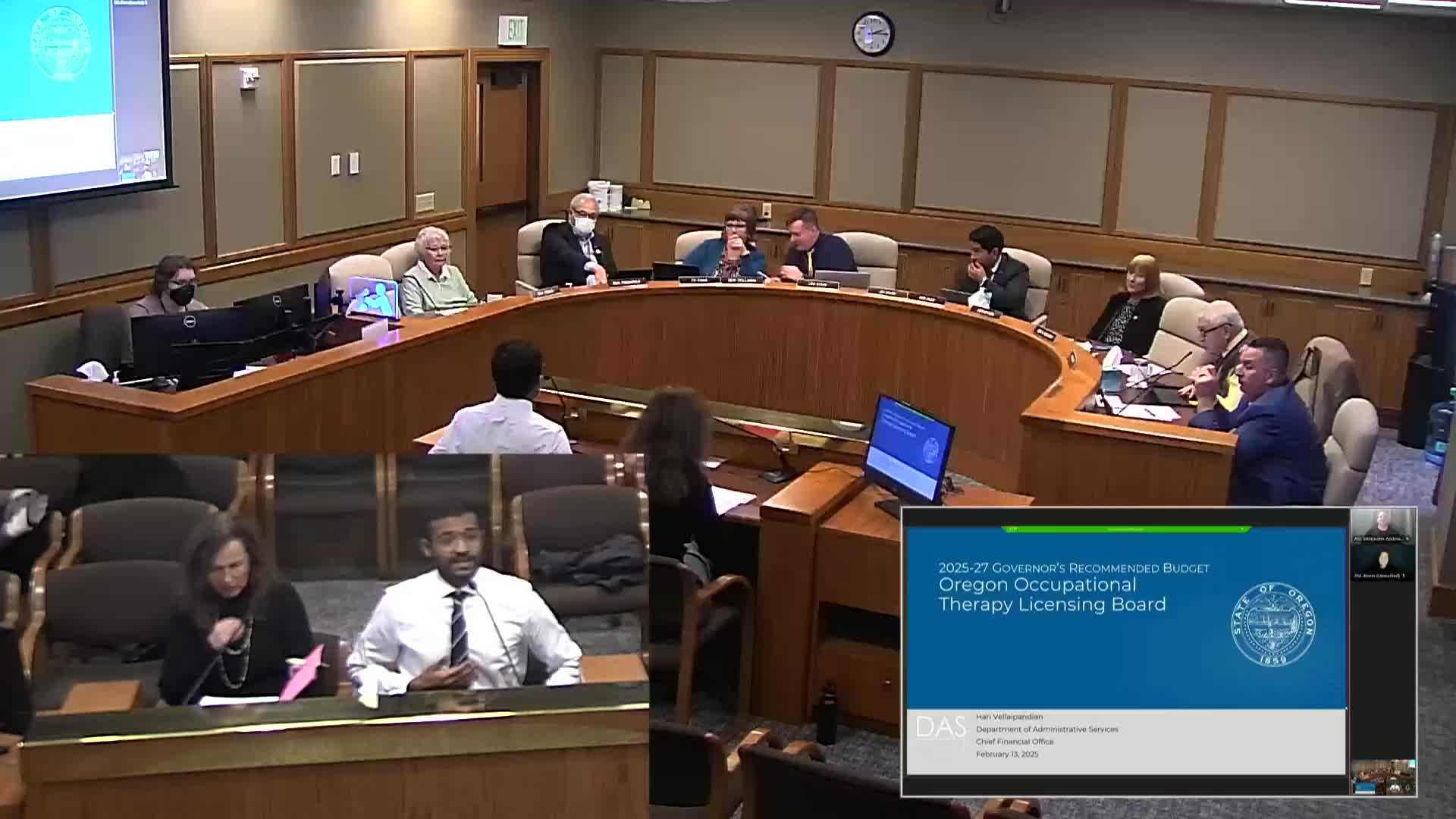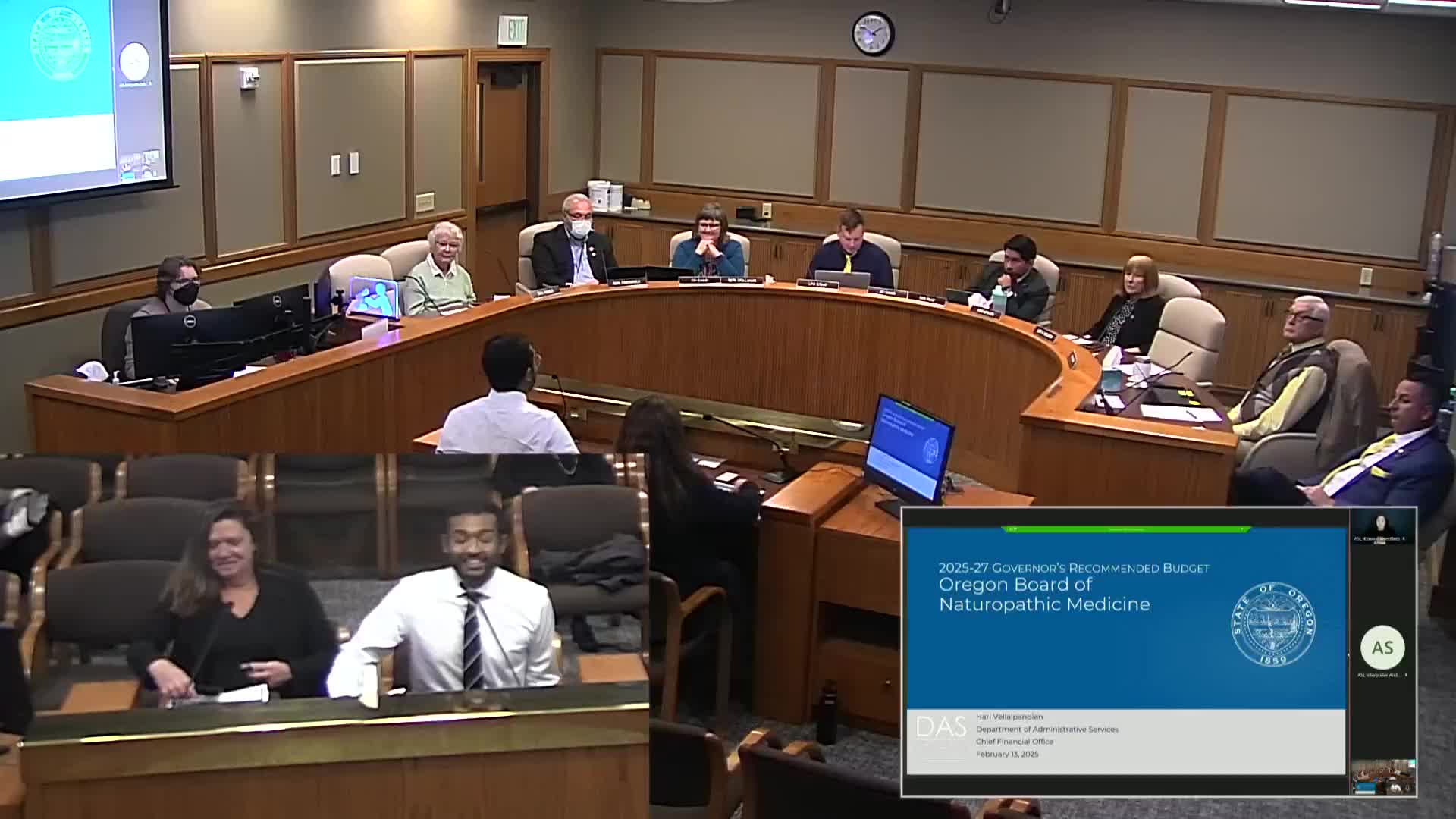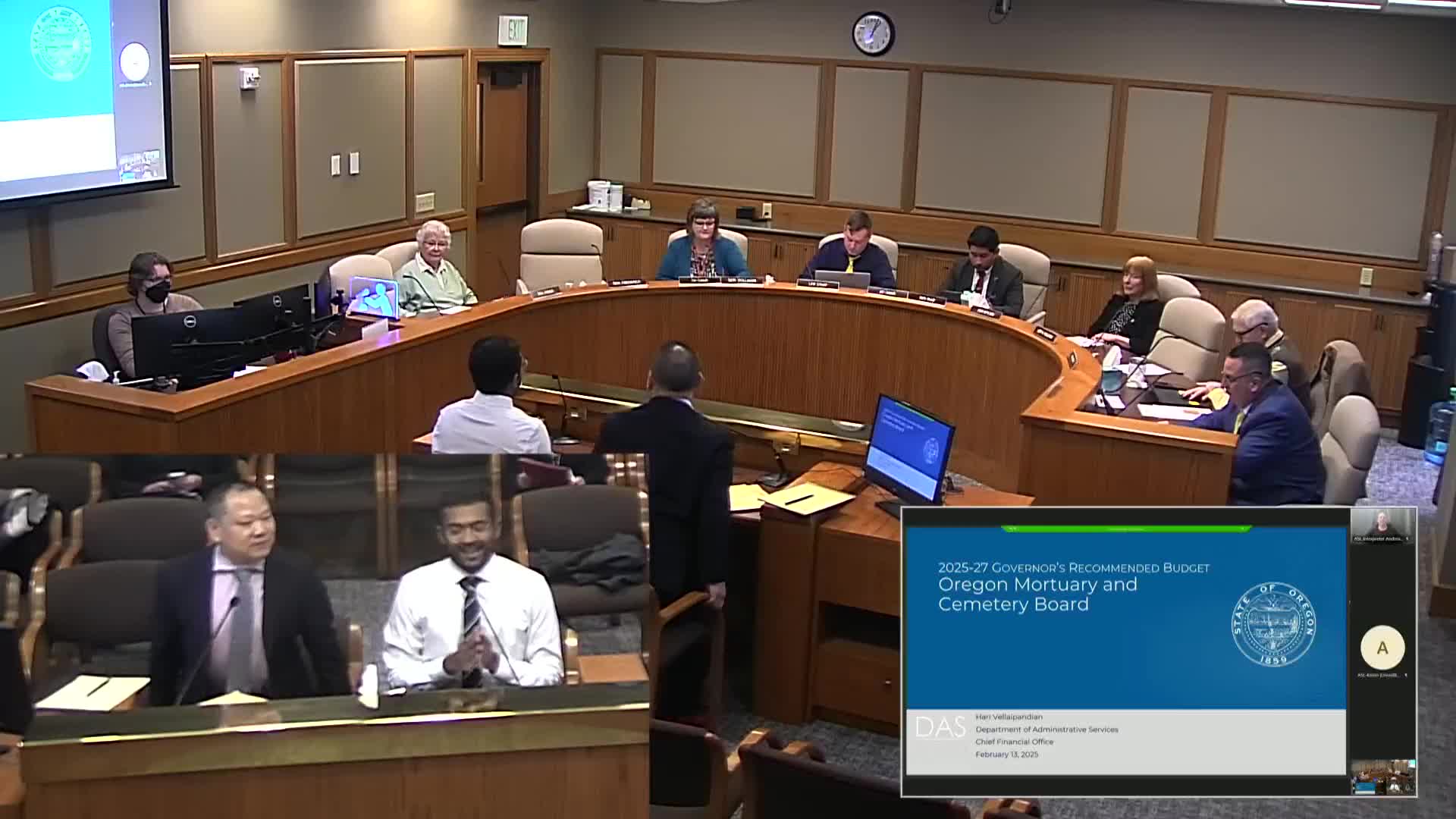Article not found
This article is no longer available. But don't worry—we've gathered other articles that discuss the same topic.

Occupational Therapy Licensing Board projects steady revenues while preparing for new OT doctorate programs

Oregon Board of Naturopathic Medicine seeks steady funding; tight budget relies on licensing fees

